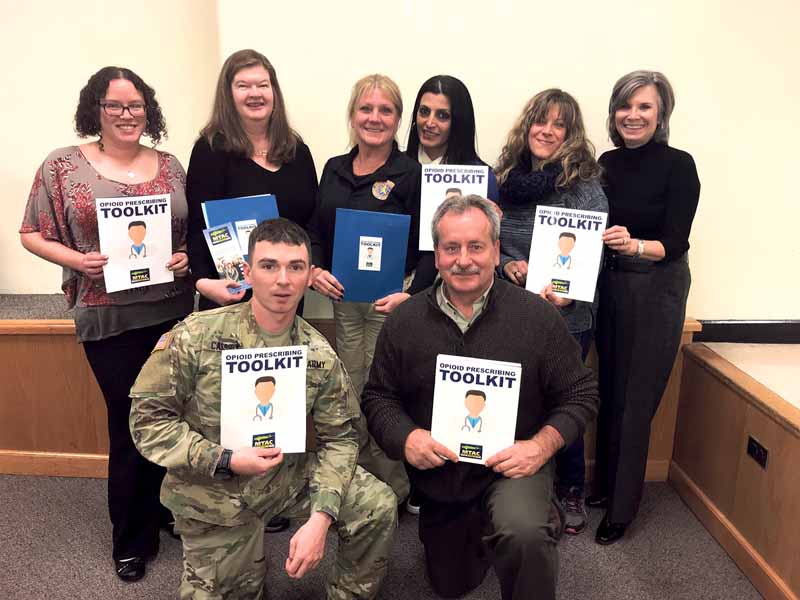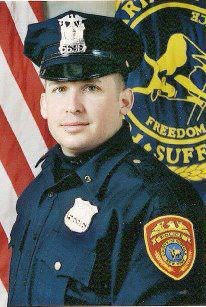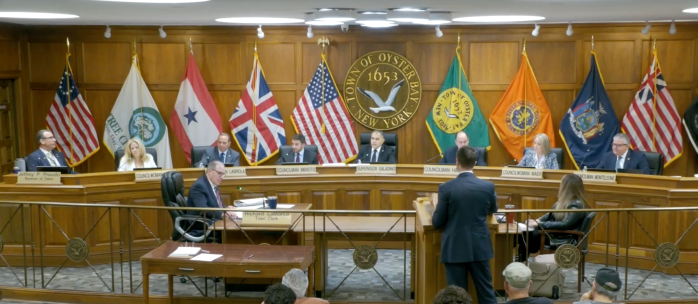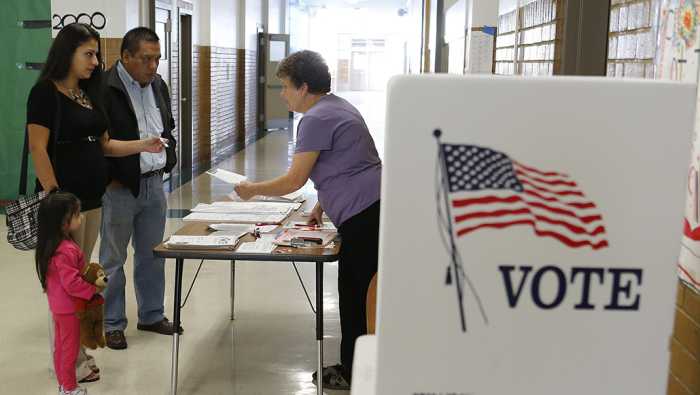
It’s a sad fact that the issue of drugs often doesn’t garner attention from the public unless it’s tied to an arrest or tragic death. Not so for the members of the Massapequa Takes Action Coalition (MTAC), who devote constant attention, time and energy towards reminding community members that drugs are an everyday problem. And with Long Island’s opioid epidemic still looming, the MTAC, buoyed by a grant from the state, has been ramping up its efforts of late to both raise awareness and educate parents, children and healthcare professionals alike of the dangers at hand, with the ultimate goal of preventing future tragedies.
“One of the bigger projects that we’re doing right now is—with a team of sector members as well as our coalition members—we’re going door to door to doctors, dentists and pain management specialists with our opioid prescribing toolkit to really engage them on the issue of understanding when to prescribe for pain and pain management,” said Cathy Samuels, MTAC’s coalition coordinator. “In addition to reaching prescribers, we’re also going out to reach patients, caregivers and parents about asking healthcare professionals questions when you’re prescribed medications.”

That last point, according to Mark Wenzel, assistant director at YES Community Counseling Center, is crucial to understanding the opioid epidemic. Whereas drugs such as cocaine are known to be lethal, a drug prescribed by a doctor doesn’t necessarily come with the proverbial skull and crossbones attached—particularly, Wenzel points out, when it initially acts as an antidote for pain.
“Mostly, people respond to the fact that you’re being prescribed something, so it’s safe. You’re being prescribed something, so it’s not harmful,” Wenzel said. “Clearly the understanding is that anything can be harmful, and certainly if it’s misused, it’s likely to be harmful. If you’re prescribed an antibiotic, you have to take it as it’s prescribed until it’s finished. But opioids and painkillers you take only as long as you feel like you have to—and no longer. Even if you’re given a prescription for seven days, if you don’t need it past the first or second day, you shouldn’t take it beyond the first or second day.”

Besides speaking with doctors and patients, the MTAC has taken on several other outreach initiatives over the past few weeks. According to Samuels, much of their efforts have relied on community messaging and social marketing. They did a PSA on Fios 1 and Cablevision at the end of last year as well as a broadcast on Pandora from last December through January of this year. Additionally, the MTAC has been working with Students Against Destructive Decisions through Ames High School, as well as Massapequa High School’s Active Minds Club, which tackles issues related to mental health. The students’ latest endeavor saw them going out to local businesses and putting up posters from the coalition to help foster further awareness.
“We’re trying to change the behavior in the home, to safeguard medications,” said Samuels on the importance of educating local kids and parents. “We know from some of the surveys that we’ve done that 71 percent of young adults [in Massapequa] between the ages of 18-25 [who misuse prescription drugs] get their prescription drugs from the home.”
The MTAC also uses more interactive, personalized approaches to combat opioids and other drugs. Samuels notes that the YES Community Counseling Center, which is a sector member of the MTAC, has been providing the community with Naloxone training along with opioid prevention education. The MTAC also held a healing and recovery mass at St. Rose of Lima Parish last month and, on April 28, will host a Drug Take Back Event Day at Massapequa High School, which will allow attendees to safely dispose of their unused medications so that they aren’t misused by others. The success of these events, Samuels hopes, will only strengthen the impact of MTAC’s message going forward.
“As we see pounds of pharmaceuticals being collected and disposal events going up, the local precinct collecting pharmaceuticals, changes in the way parents are talking to their kids…I think, absolutely, we’re seeing success here,” Samuels said.


































